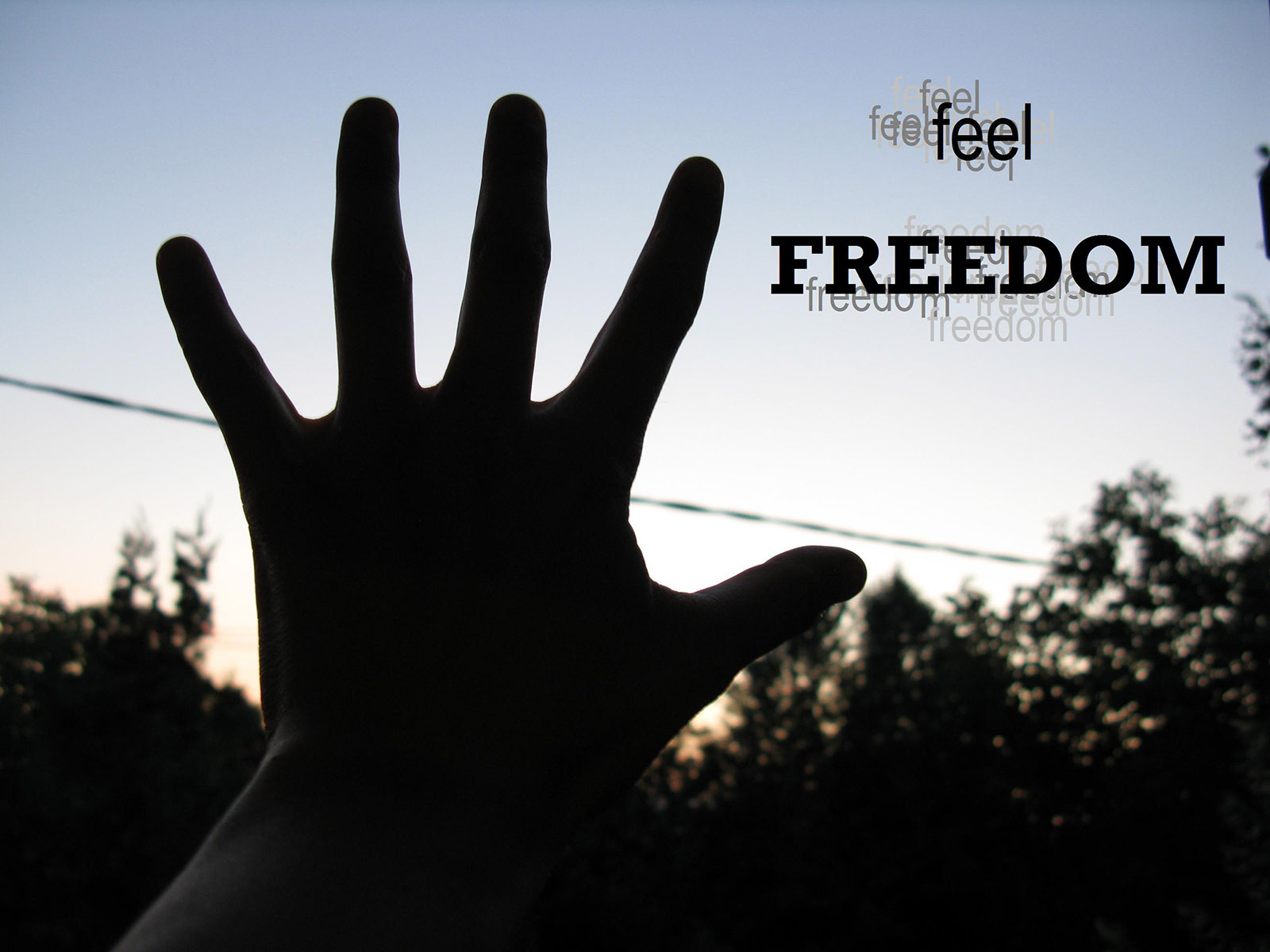by Moshood Isah
The notion of a free press emanated after resilient agitation against the early authoritarian stance towards the press in the society. It is pertinent to say that nations have developed from the philosophy of absolutism where both private and public owned media existed to service the government of the day, to a more rational and free society where media can check the excesses of government.
This was why the media was dubbed the ‘fourth estate of the realm’. Both the moral and constitutional power mustered by the media in any society has given it the leverage to operate almost on a ‘free-hand’ basis. Thus, there have been calls to also curb the excesses of the media.
The internet technology has led to influx of various online media which are gradually ousting the mainstream media. The online media has become so rampant that anyone can launch a news blog without knowing a single law and ethics of the media and become a ‘journalist’ overnight. Many online bloggers are not really qualified professionals but are the most dependable source of information in the country due to their timeliness.
Even though newspapers are moving with the trend of timeliness by updating their sites as soon as events happen, hard copies of tabloids will still be on the news stand. The emergence of online media has made it easier for individuals or groups to operate without the needed license. Thus, this gives them the levity to disseminate information with impunity whether true or false. More so, it is very difficult to track such personnel because of the anonymous nature of the medium.
In this vein, there is an incessant conscious or unconscious violation of media ethics with a regulator. Even though not a classical example, the Wendel Simlin Pseudonym case on twitter allegedly trying to defame the reputation of a former public servant was just a sign that violation of journalism law has gone viral. More so, there are instances of stalking and hacking through personal information like text messages all in the name of investigative reporting.
At this juncture, there is need to say that it is not only the online media that are culpable in most of these offences. It is rather unfortunate to know that even the mainstream traditional media with operating licenses and who are supposed to have signed undertaking to uphold these laws and ethics are also often found wanting.
The Constitution and the social system have no doubt bestowed on the media, the responsibility and the freedom of information dissemination and so there is need to live up to such billings. It is no more news that due to a desire to earn bragging right, media houses tend to report inaccurate information and end up misleading the society.
The typical Nigerian media will rather use a large number to describe the magnitude of an event, even when it is certain that numbers could not be verified. It is far better and safer to use clause like ‘we cannot authoritatively verify this number or figures as the case may be’. The audience will definitely comprehend the stand of the media due to the complexity of the situation. In this era of insecurity, the least expected from the media is accurate information. The media has a better way of optimizing its freedom rather than abusing it to some extent.
The Freedom of Information Bill is an opportunity the media should grab with both hands in availing the citizens of vital information. The media with its large amount of freedom can be socially responsible to a very large extent and also serve as catalyst to the development of societies. Tracking the manifestoes of political parties and prompting them via interviews and political platforms will go a long way in keeping public servants and executives on their toes in a bid to fulfill their manifestoes. Media houses can also put their heads together in ensuring credible elections by tracking the entire process in every polling unit. This may be difficult but it is not too much a sacrifice for the betterment of the nation.
The bodies vested with regulation of media activities have a lot of work to do in improving on the level of sanity in the system. Bodies like Nigerian Union of Journalists can organise seminars and workshops in a bid to further educate journalists, especially freshers, on the need to maintain the law and ethics of the profession in any situation. There is also need to draw a line between public interest information and other media ethics, especially the law of privacy. Most importantly, the government should regulate activities of news blogging by ensuring that they go through normal processes of registration so they can be tracked with ease when the need arises.
Moshood Isah is a public affairs commentator and writes from Abuja.
The opinions expressed in this article are solely those of the author.







